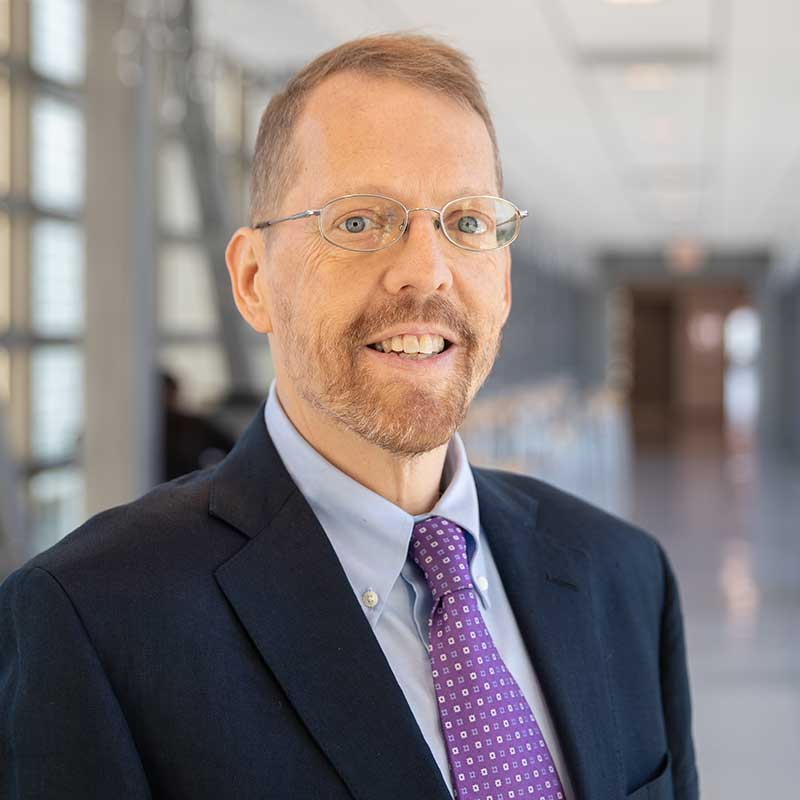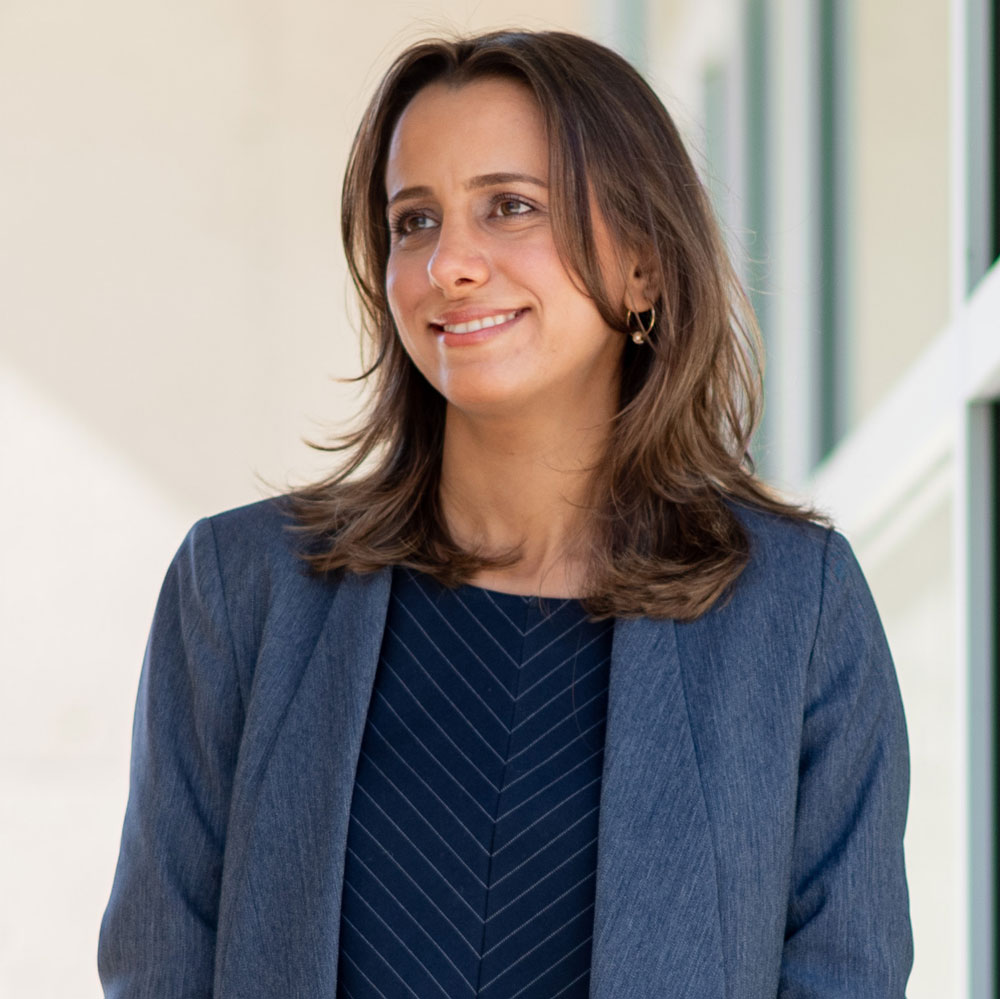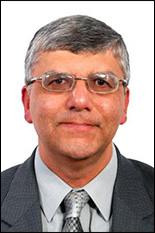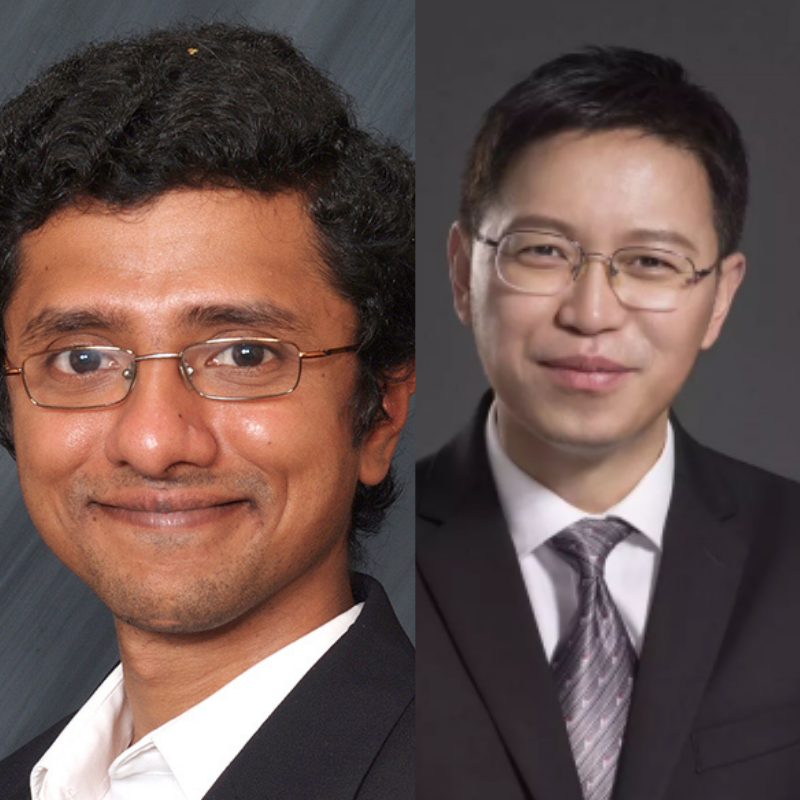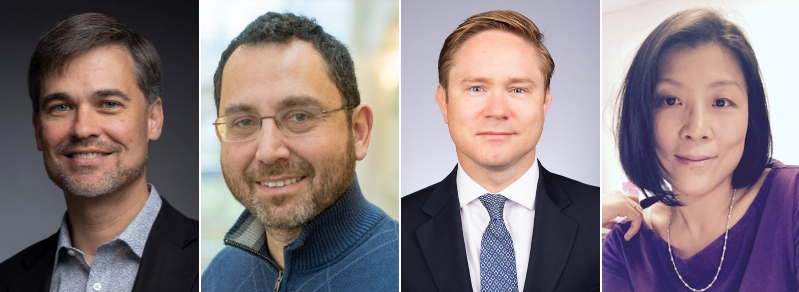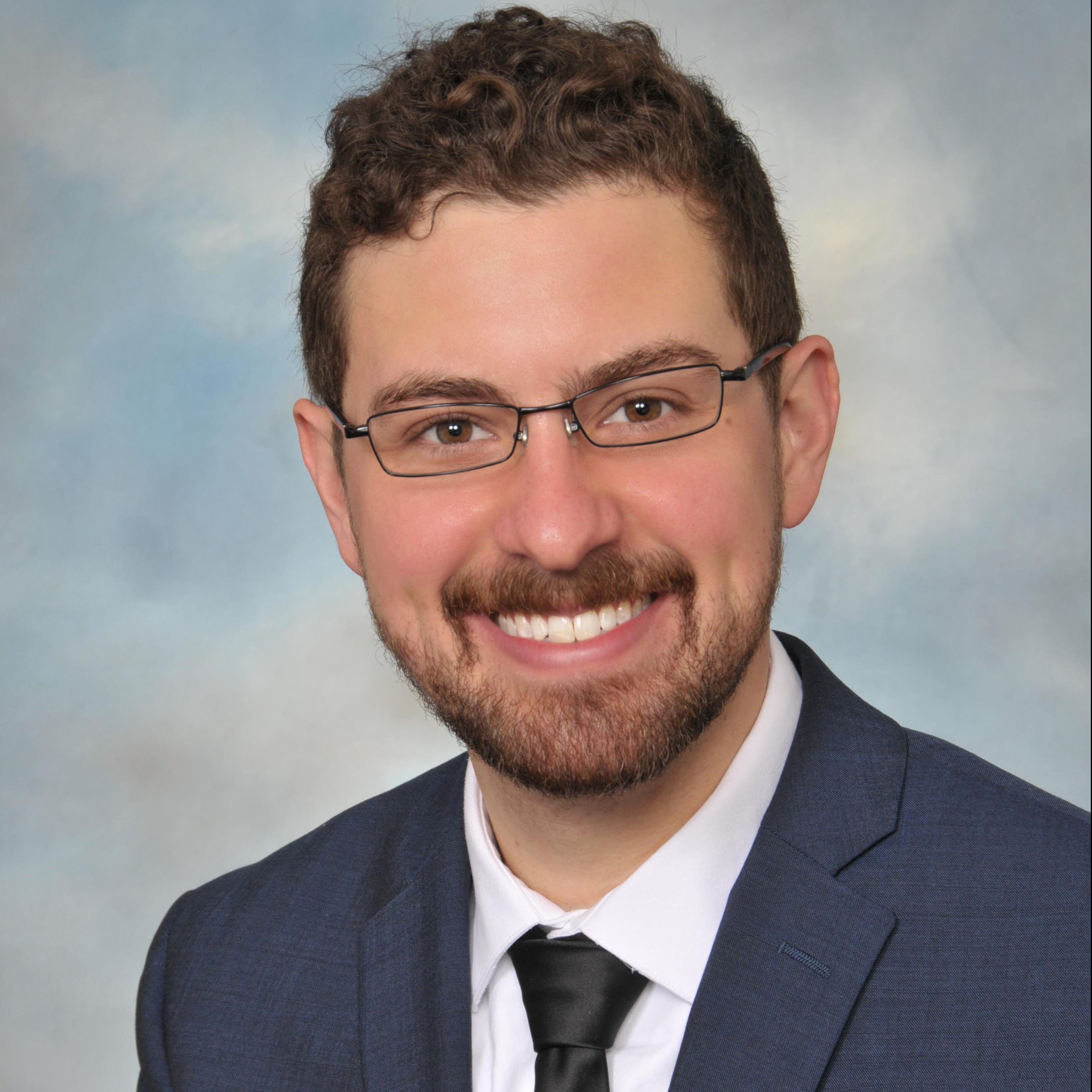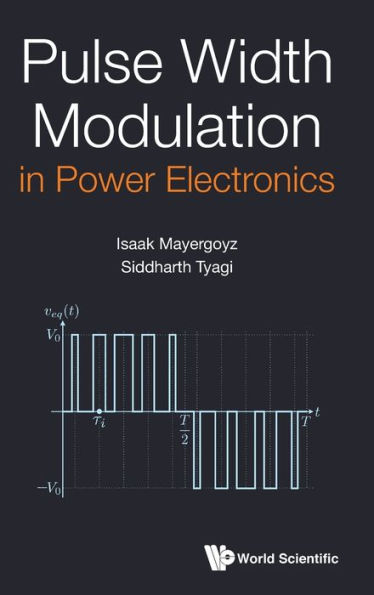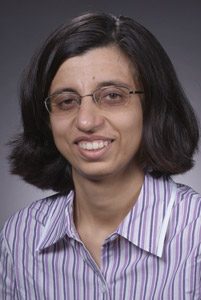News Story
Alumnus Profile: Christopher Chornay
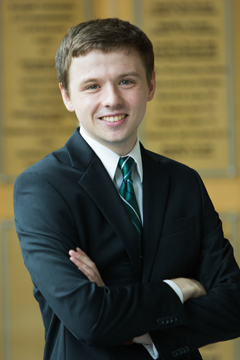
Chris Chornay, Device Engineer at Maryland Development Center
UMD Degree: B.S. ‘17, Electrical and Computer Engineering
Chris Chornay is a Medical Device Engineer at Maryland Development Center (MDC) in Baltimore, MD. Chris hopes to enter medical school next year to become a physician with a technical background. Eventually, he wants to play a front-line role in patient-centered care and technology design, with a particular focus on growing populations of geriatric patients and patients suffering from chronic disease.
Please describe a typical day or week for you in your current position
As the device engineer at MDC, I prototype medical tools and robots as proofs of concept in early-stage development. This also means meeting with physicians, patients, and design firms to understand the whole process. As the development engineer, I must understand caretakers’ need for our device, FDA compliance, and the nature of the market. I spend about 80 percent of my time doing a mixture of mechanical, electrical, and software work, but the 20 percent spent understanding the big picture is equally important at this stage in development.
What was your career path that led you to your current position?
I graduated from UMD ECE in August and wrapped up the initial stage of my applications to enter medical school around the same time. Early on in my time at Maryland, I decided to apply to medical school because I knew that medicine connected my goals of empathetic service and relationships with a professional, methodical field in which I can apply my engineering mindset.
MDC provides the perfect bridge between engineering and medicine, as I work closely with physicians and engineers to understand and meet the needs of patients. Before I came to MDC, I held internships in large, federal research centers & agencies. While I learned a lot in those positions, I wanted to spend my gap year cementing the connection between my past and future educational and vocational goals.
Why did you choose the Electrical and Computer Engineering Department at the A. James Clark School of Maryland?
To date, I am a Maryland “lifer” – grade school, high school, and college. UMD was a natural choice, but one that I also loved because of the breadth of opportunity and excellence. I learned early on that good, empathetic engineering happens in the context of a broader education. The A. James Clark School of Engineering, and more specifically ECE, offered me the opportunity to pursue humanities, foreign language, music, and other sciences that would give context to my engineering education.
Honestly, I initially chose ECE because I thought it was magical. Growing up in sync with personal computers and smartphones, I had to better my understanding of what made it all tick. The ECE program’s blend of theory and application helped me (begin to) understand modern electronics and applications.
How did your education in ECE at UMD help to advance you in your career?
Most quantifiably, I found my current position through my Capstone Professor, Gil Blankenship (ECE). Beyond that, ECE at UMD gave me every opportunity to explore how I could use my engineering degree to meet my goals. The program is open-ended and adaptable towards multiple specializations, with fantastic advisors who guided me in understanding which courses, seminars, and opportunities would help me find my way into medical school. For me, this guidance and flexibility were most important.
What are the benefits of attending UMD?
UMD, as an institution, offers excellence in an incredibly broad range of academic fields and extracurricular organizations. If you’re interested in something, you can find someone who does it, and does it well. It’s a big school, but not one that you will get lost in. Rather, as each little community welcomes you, you can find opportunities for growth that you wouldn’t have known to look for.
What was your favorite memory from your time at UMD?
Studying abroad is one of my favorite memories from my time in undergraduate, but not in an escapist sense. It’s hard: particularly for me, going during senior year, I felt like I was missing out on just as much as I would take in during my time abroad. Yet, it was an incredible feeling to recognize exclaves of the communities I knew at home, a quarter of the way around the world in Denmark. In a sense, I was never totally disconnected: I took advanced ECE classes, did research in a teaching hospital, and found a community like my own Catholic Student Center at UMD.
At the end of the semester, I was still very much ready to come home. Studying abroad wouldn’t have meant as much without returning to share my memories with family & friends, and using my perspectives to build the communities that had given me so much formative experience.
What advice do you have for current ECE Terps?
Try new things! While expertise in your specialization or research is valuable, your undergraduate degree is one of the last times you can easily, predictably explore the breadth of your education. ECE skills apply in every technical field, and many fields where you may not have expected them to apply. Find varied internships, hobbies, and service opportunities: see how you can use your skills in many ways. UMD has an incredible and unique culture of multi-disciplinary opportunities. Even if you’re sure of exactly what you want to do, recognize that there are opportunities you may not have predicted.
Published November 1, 2017
